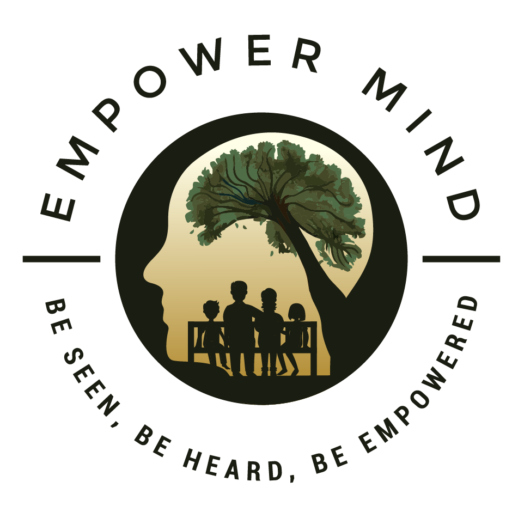
We provide Mental and Physical Healthcare in USA. Recognizing the triggers and symptoms of post-traumatic stress disorder (PTSD) is an important step in your recovery process. You don’t have to continue reacting in ways that affect your relationships and your quality of life.
Post-traumatic stress disorder (PTSD) is a mental illness that can develop after you experience a trauma. Major traumas include situations in which you suffer a serious threat to your life or witness a frightening event happening to someone else. There are actually three types of trauma:
Events such as being kidnapped, witnessing a murder or a serious car accident, living through a natural disaster or undergoing severe physical or sexual abuse constitute big T traumas. When searching for PTSD treatment in Texas, you’ll find the Empower Mind. It’s a psychiatric practice that combines compassion with knowledge and experience to provide the most accurate diagnosis and the best treatment for PTSD.
Not everyone who experiences traumatic events develops PTSD. You typically need to have a big T trauma in your history to receive a diagnosis of PTSD. The condition leads to a host of symptoms that are unique to each individual. Common PTSD symptoms include:
PTSD can also lead to other, co-occurring disorders such as depression, alcoholism or substance abuse.
Researchers believe that when you experience a serious trauma, the brain may not be able to process and understand what’s happening. So the brain gets stuck and continues to respond as if the threat was still going on even when it has passed. As a result, you’re subject to serious behavioral complications, such as:
But the way PTSD works is also good news because the best PTSD therapy allows you to finish processing the trauma and put it behind you. Helping you understand what’s going on is a specialty of the Empower Mind.
Cognitive behavior therapy (CBT) focuses on finding the beliefs and thoughts that are holding you back and challenging you. The talk therapy then helps you replace them with more positive thoughts. During trauma-focused CBT, you uncover negative beliefs that many trauma survivors develop such as:
Trauma-focused CBT helps you tell a new story about your experience. It involves working on the skills you need to face things like flashbacks, triggers and interpersonal difficulties. Over time, you develop a more accurate and kinder understanding of what happened. Education about PTSD, as well as group therapy, helps you recognize that you’re not alone and that you can get better.
There are two other therapies that have proven results:
Post-traumatic stress disorder (PTSD) clearly affects both the mind and the body. Nightmares can result in cold sweats. Fearful automatic thoughts can result in adrenaline rushes. Depression can squash your appetite and energy levels. Our expert PTSD therapist treats post-traumatic stress disorder and other mental disorders with an integrative approach to treat all aspects of your condition.
Diet, exercise and building a routine are part of any PTSD therapy. Because trauma can lead to symptoms that require medication, rely on a psychiatrist who can provide you with ongoing medication management. Contact Empower Mind, where convenient online telepsychiatry is a specialty

A mental illness is a condition that affects a person’s thinking, feeling, behavior or mood. These conditions deeply impact day-to-day living and may also affect the ability to relate to others. If you have or think you might have a mental illness, the first thing you must know is that you are not alone.
Copyright © 2023 — All rights reserved by Empower Mind | Website Made By SalesEnzine.